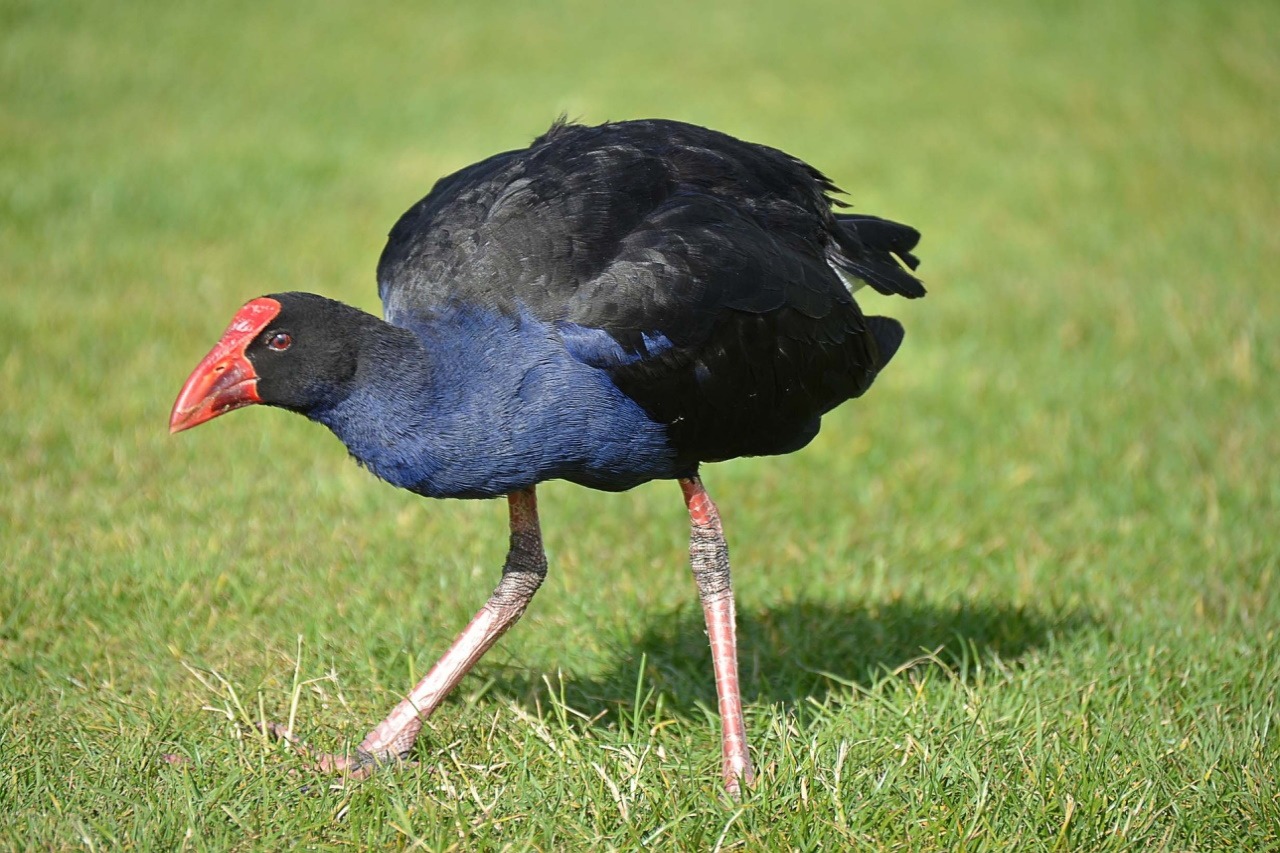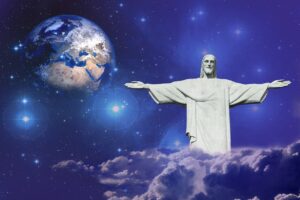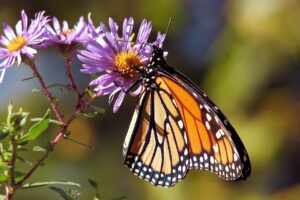As I write this, it is mid-October here in Aotearoa New Zealand and so half way through spring. It has certainly been the birds and bee season around our home in its rural setting in the warmer top half of the country. Birds -pukeko (swamp hen), Californian quail, blackbirds, thrushes, sparrows, kereru (native pigeon), tui, shining cuckoo – are now all busy looking after their young.
Well, one kind of exception to that is the shining cuckoo, which is a brood parasite. What does this mean? The shining cuckoo migrates here from islands in Western Polynesia and lays its single egg in the nest of the considerably smaller grey warbler. When the egg hatches, the baby cuckoo pushes out the grey warbler eggs and waits the parent warbler to feed it.
However, the other birds are so extraordinarily solicitous of their young. I live in a country where all too often there are horrific stories of children under five years of age being brutally assaulted and even murdered by family members, including parents. That is not going to happen to chicks of pukeko or quail for sure. Job 12:7 advises us: “Ask the animals, and they will teach you; the birds of the air, and they will tell.” There is indeed much we can learn from the birds about care of the vulnerable as I watch the pukeko keeping one eye on their young and another on the hovering hawk, keen to move from its winter sustenance of road kill to fresh food, i.e., young fledglings that are moving about in the paddock. Of necessity, parenting is a collective activity for pukeko.

In the ancient world and still today in many indigenous cultures, birds are a symbol of the divine, as indeed is true of our Christian faith. The gospel writers tell us that the Holy Spirit descends upon Jesus like a dove at his baptism, while artists have long depicted the coming of the Holy Spirit at Pentecost as a dove.
Today, the bird life where we live offers a wonderful entry point into prayer. When I was a young sister in a pre-Vatican II church, the privileged way into prayer was spending hours before the Blessed Sacrament, “the prisoner in the tabernacle”. Now I find it is God’s gift of creation, and God’s creatures that awaken in me a desire to enter more deeply in to the mystery of creation.
Susan Smith RNDM is a lecturer emerita in The University of Auckland’s Department of Theology. Her PhD was on developments in Catholic missiology after Vatican II. After her retirement from The University of Auckland, Susan also provided NT modules for the University of Newcastle, Australia, and a Women in Leadership module for Duquesne University. Susan lives with another member of her congregation in Whangarei, New Zealand, where both are committed to exploring experientially what it means to live in an eco-community. Both are involved in neighborhood environment organizations. They are particularly interested in what might shape eco-spiritualities in New Zealand.





For me too, Creation provides an awe-filled entry point to prayer, to the experience of God’s grandeur.
From the northern part of the planet, I join you in “asking the birds of the air” and believing they will tell me.
Yes, to revel in the sanctuary of creation fills me with delight and wonder, not to mention the company of my two budgies.
Susan, I found this account of how the birds look after their young and your invitation to learn from them how to care for the vulnerable thought-provoking. Just this afternoon, I watched some chickadees sharing water that was not yet frozen in our birdbath. They were not bathing in it, but drinking from it and doing this one at a time, while the others waited in the tree nearby. When one finished, the next one flew down to take a drink and so on. After reading your piece, I’m thinking about how their lesson to me might include respectful sharing of resources so that all have enough.